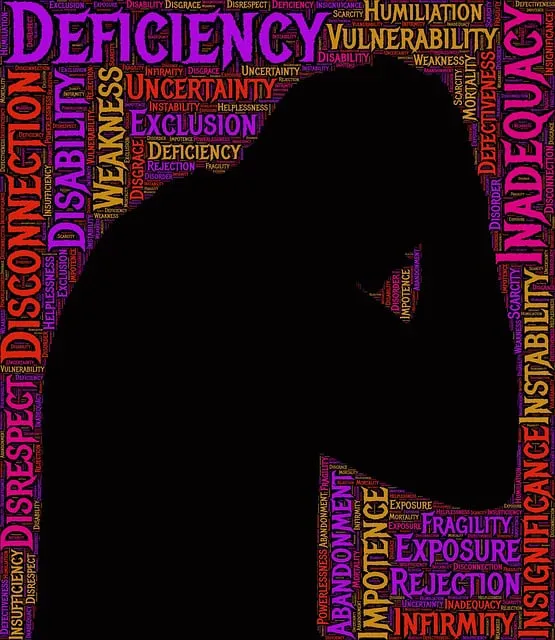The Littleton Kaiser Permanente psychiatry reviews highlight the urgent need to address stress in education, suggesting early intervention and holistic approaches as key solutions. They advocate for schools to foster resilient environments through community programs, mental health awareness, and conflict resolution, enhancing academic performance. These reviews emphasize practical stress management techniques like mindfulness, exercise, and balanced diets, backed by research and personal success stories, as essential tools for emotional intelligence and improved coping. By integrating these strategies into teaching practices and professional training, the reviews aim to create supportive environments, improve patient well-being, and meet modern healthcare demands.
Stress management techniques are essential tools for navigating today’s demanding world. This article explores various aspects of teaching stress management, focusing on the role of psychiatry in education, practical techniques for individuals, and a detailed review of Kaiser Permanente’s approach. By examining these components, we aim to provide valuable insights into effective strategies, drawing from the expertise of Littleton Kaiser Permanente psychiatry reviews. Discover how these methods can empower individuals to thrive despite life’s challenges.
- Understanding Stress: The Role of Psychiatry in Education
- Practical Techniques: Equipping Individuals for Effective Stress Management
- Kaiser Permanente's Approach: A Review and Its Implications for Teaching Stress Management
Understanding Stress: The Role of Psychiatry in Education

Stress is a ubiquitous aspect of modern life, yet its impact on learning and well-being cannot be overlooked. Psychiatry plays a pivotal role in education by providing insights into the neurobiology of stress and offering evidence-based strategies for management. At Littleton Kaiser Permanente, psychiatry reviews highlight the importance of early intervention and prevention in mitigating the effects of chronic stress. Through community outreach programs, mental health awareness initiatives, and conflict resolution techniques, schools can create supportive environments that foster resilience among students. By integrating these practices, educational institutions not only enhance academic performance but also contribute to the holistic development of young minds.
Practical Techniques: Equipping Individuals for Effective Stress Management

At Littleton Kaiser Permanente, psychiatry reviews highlight the growing need for accessible and practical stress management techniques. Equipping individuals with effective tools to navigate life’s challenges is a core aspect of holistic healthcare. Beyond prescription medication or therapy, there are numerous strategies proven to enhance mood management and emotional well-being promotion. These techniques range from mindfulness practices like meditation and deep breathing exercises, to engaging in regular physical activity and maintaining a balanced diet.
By integrating these practical approaches into daily routines, individuals can foster emotional intelligence—the ability to recognize and manage one’s own emotions as well as understand and respond appropriately to the emotions of others. This not only improves coping mechanisms but also strengthens relationships and enhances overall quality of life. The effectiveness of these techniques is supported by both scientific research and real-life testimonials, making them valuable resources for anyone seeking to take control of their stress levels.
Kaiser Permanente's Approach: A Review and Its Implications for Teaching Stress Management

Littleton Kaiser Permanente psychiatry reviews highlight a holistic approach to stress management that has significant implications for teaching these techniques. Their emphasis on integrating coping skills development and risk management planning into clinical practice underscores the importance of equipping mental health professionals with comprehensive tools. By fostering effective communication strategies, healthcare providers can create supportive environments, enhancing patient well-being and outcomes.
This approach demonstrates a forward-thinking strategy that aligns with modern mental health care demands. It encourages a multifaceted teaching curriculum for stress management techniques, combining theoretical knowledge with practical application. Such an approach prepares professionals to navigate complex patient scenarios, ensuring they possess the skills to deliver high-quality care in a demanding healthcare landscape.
In conclusion, integrating stress management techniques into education, as demonstrated by Littleton Kaiser Permanente psychiatry reviews, offers a comprehensive approach to empowering individuals with coping strategies. By understanding stress and leveraging practical techniques, we can foster resilience and improve overall well-being. This multi-faceted approach, informed by expert insights in psychiatry, has the potential to revolutionize how we navigate stress in both personal and professional spheres.






